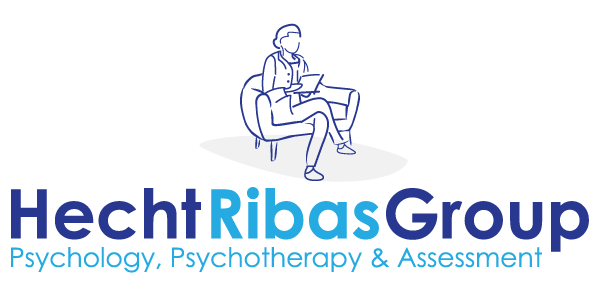FAQs
Have More Questions?
If you have further questions, please feel free to reach out to us.
What is therapy and how does it work?
Therapy is a process where you talk with a trained professional to help address emotional, mental, or behavioral issues that are impacting your life. It works by providing a safe and supportive environment for you to discuss your thoughts, feelings, and behaviors, and to develop strategies for coping with difficulties and improving your well-being.
What are the different types of therapy?
There are many different types of therapy, including cognitive-behavioral therapy, psychodynamic therapy, humanistic therapy, and family therapy. Each type of therapy has its own approach and techniques, and some may be more effective for certain issues or individuals than others.
How do I know if therapy is right for me?
Therapy can be helpful for anyone who is experiencing emotional or mental health challenges or who wants to work on personal growth and development. If you are struggling with a particular issue, feeling stuck, or experiencing a lot of stress or anxiety, therapy may be a good option for you.
What should I look for in a therapist?
It’s important to find a therapist who is a good fit for you and your needs. Look for someone who is licensed or certified, has experience working with people who have similar issues to yours, and has a therapeutic approach that resonates with you. You should also feel comfortable talking with your therapist and feel that they are supportive and non-judgmental.
How often should I see my therapist and how long does therapy usually last?
Will insurance cover therapy?
Insurance may cover some or all of the cost of therapy, but it’s important to check with your insurance provider to understand your coverage. The Hecht Ribas Group is private pay only, but we work with Reimbursify so that if you have any “out-of-network” coverage from your current health insurance, you can access the app Reimbursify which will clear up the hassle for where the claim should go and when your reimbursement can be expected to hit your account. At the Hecht Ribas Group, we recognize the paperwork and forms associated with paying for your medical care can feel overwhelming and even off-putting. We encourage the use of this app to ease those irritations and, most importantly, to remove that barrier to your access to family, couples, or individual therapy.
Reimbursify explains:
• Most private health insurance plans provide some level of out-of-network reimbursement. If you see the terms “POS”, “PPO” or “out-of network” on your insurance card then you are likely eligible. If you see “HMO”, “Medicare” or “Medicaid” then you probably do not. Check with your insurance company or HR rep to be sure.
What if I don't feel comfortable with my therapist?
If you don’t feel comfortable with your therapist, it’s important to talk to them about your concerns. If you still don’t feel like the relationship is working, it’s okay to seek out a different therapist who may be a better fit for you. In fact, we can help you find one.
What happens in a therapy session?
In a therapy session, you will typically talk with your therapist about the issues that are affecting you, explore your thoughts and feelings, and work together to develop strategies to help you cope and improve your well-being.
Is everything I say to my therapist confidential?
Therapists are legally bound to keep your information confidential, with some exceptions. They may need to break confidentiality if they believe you are a danger to yourself or others, if they are required by law to report abuse or neglect, or if a court orders them to provide information.
Can therapy help with my specific issue or problem?
Therapy can be effective for a wide range of issues, including anxiety, depression, relationship problems, trauma, and many others. However, it’s important to discuss your goals and expectations with your therapist.
How can I get the most out of my therapy sessions?
To get the most out of therapy, it’s important to be open and honest with your therapist, attend sessions regularly, and be willing to actively participate in the therapeutic process. You should also be open to trying new strategies and techniques to help you




